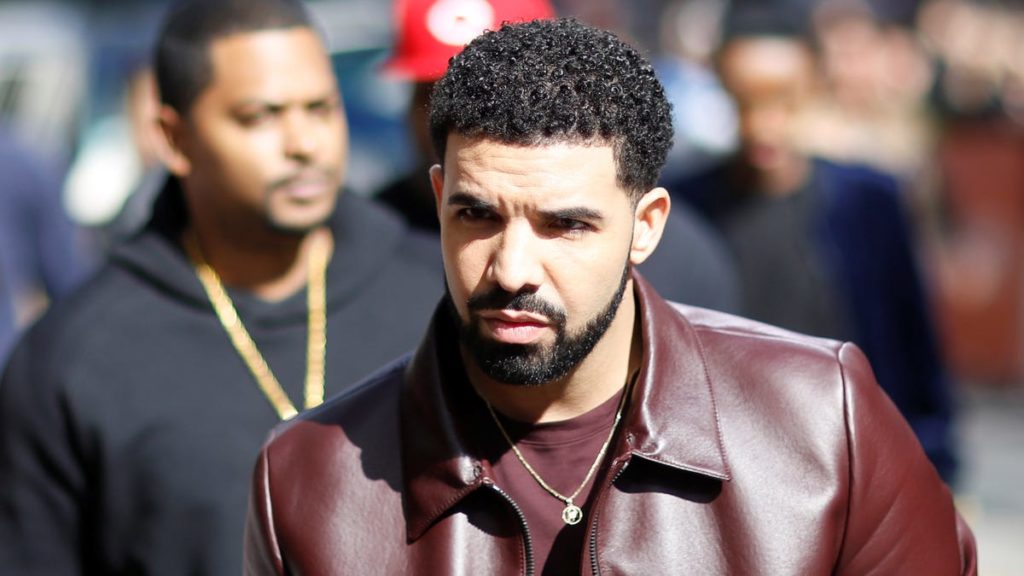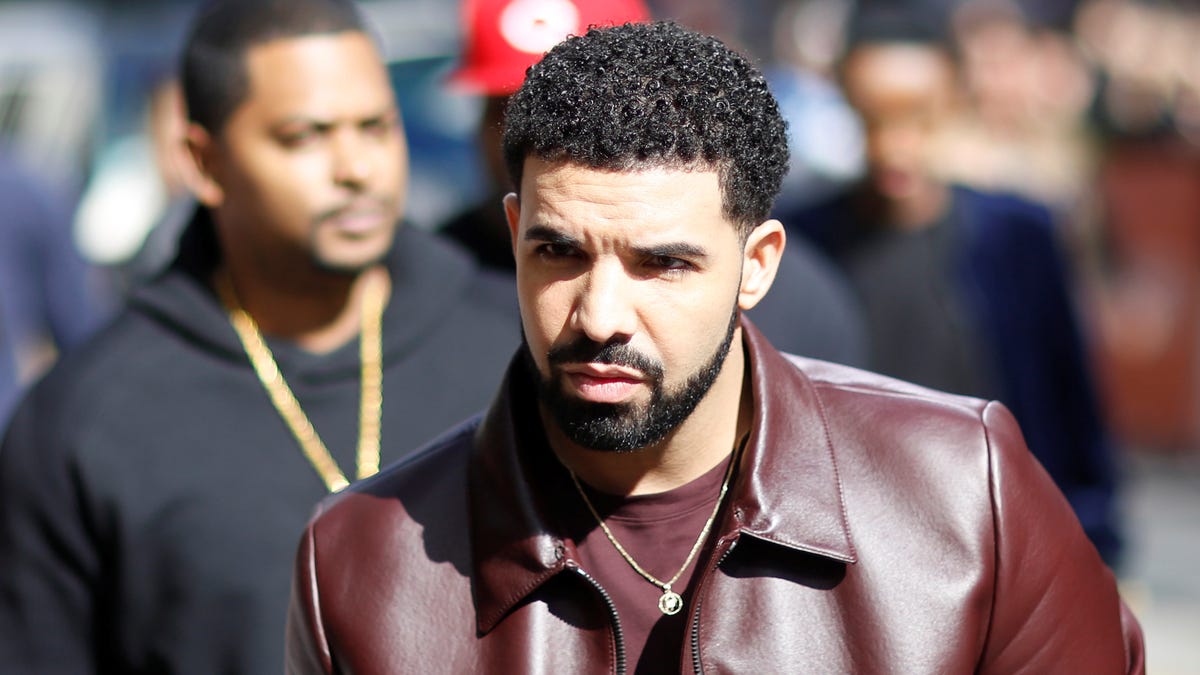Spotify and Apple Music removed an AI-generated fake song by Drake and The Weeknd
Popular music streaming platforms Spotify and Apple Music have removed a hit song in which an AI imitates the studio voices of Canadian singers Drake and The Weeknd. Read more……


Popular music streaming platforms Spotify and Apple Music have removed a hit song in which an AI imitates the studio voices of Canadian singers Drake and The Weeknd.
The viral song, “Heart On My Sleeve,” is also no longer available on Deezer and Tidal, with TikTok and YouTube also planning to take it down. Before its removal, the hit had been streamed 600,000 times on Spotify and viewed 15 million times on TikTok.
The original version was created by YouTuber user ghostwriter, who trained AI audio models on the two musicians’ voices. The video was viewed 275,000 times before being taken down over copyright issues. A message appearing on the link hosting the video reads: “This video is no longer available due to a copyright claim by Universal Music Group.”
Another YouTuber going by name XENEN has released its own AI-edited mix of the song. In describing the song, XENED wrote on YouTube: “Did what I thought sounded good, ghostwriter’s original is a banger, just wanted to clean it up a bit, all rights reserved to him!”
UMG wants artists to get their compensation
Music hits of both artists are published under Universal Music Group (UMG) through Republic Records. UMG issued a statement saying the use of AI on its artists’ music presents a challenge: “Which side of history all stakeholders in the music ecosystem want to be on: the side of artists, fans and human creative expression, or on the side of deep fakes, fraud and denying artists their due compensation.”
The Recording Industry Association of America (RIAA) warned last October that increasing use of AI to generate music overlooks the violation of copyrights: “That use is unauthorised and infringes our members’ rights.”
This is not the first time Drake is finding himself in a brawl with an AI-generated hit featuring his voice. On April 14, the rapper expressed his displeasure after a video that featured an AI-generated version of his voice rapping on Ice Spice’s Munch circulated on Instagram. “This is the final straw AI,” he wrote in an Instagram post. Drake unfollowed Ice Spice on Instagram. An AI version of his voice was also added to Cardi B and Megan Thee Stallion’s “WAP” and “Don’t” by rapper and songwriter Bryson Tiller.
An initiative to protect musicians from AI clones
The music industry is looking for ways to protect its business from AI. The Human Artistry Campaign launched last month and counts over 40 members, including RIAA, National Music Publishers’ Association (NMPA), American Association of Independent Music (A2IM), and SoundExchange.
The association published seven core AI principles in support of human creativity. One of the principles reads: “Use of copyrighted works, and use of the voices and likenesses of professional performers, requires authorization, licensing, and compliance with all relevant state and federal laws.” But AI music generation software continues to spread.
The ethics of AI-generated creative work is challenging artists in industry beyond music. German artist Boris Eldagsen refused the prize he won at the Sony World Photography Awards, after revealing that his work was created using AI.